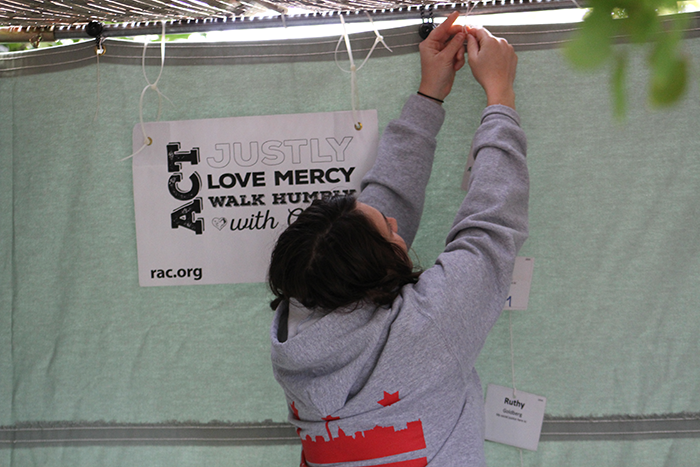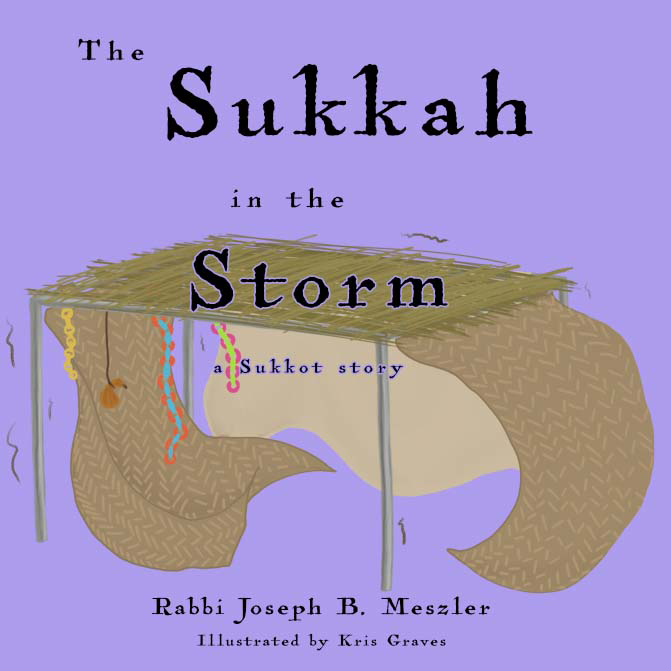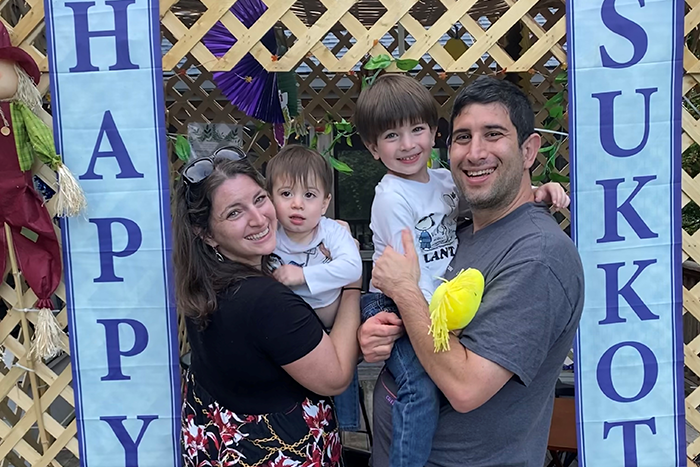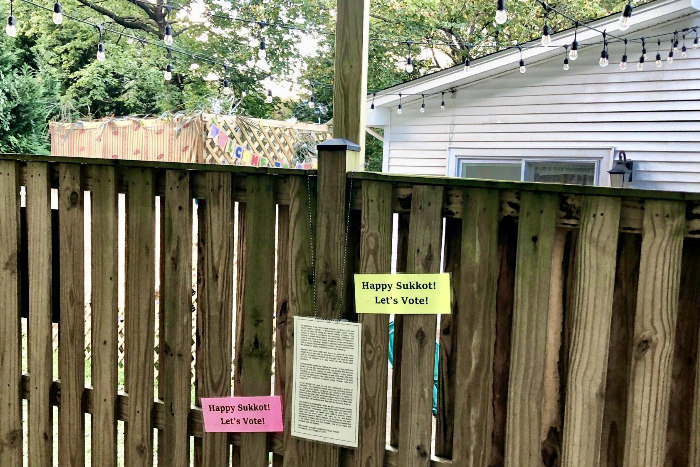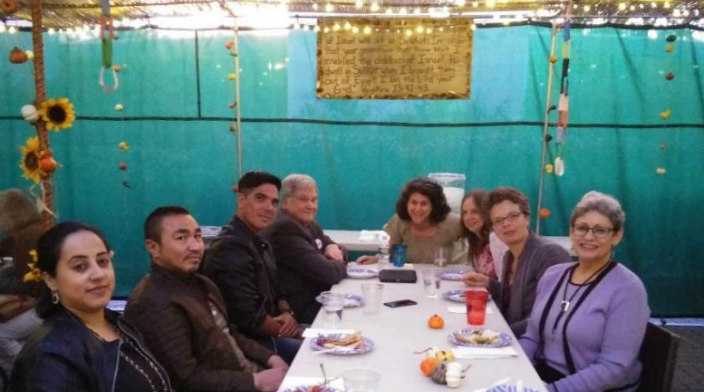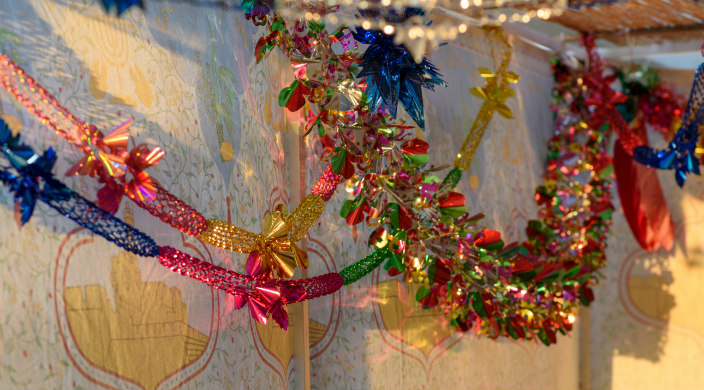Related Blog Posts on Sukkot
From the Sukkah to the Voting Booth: A Reform Jewish Call to Action
As we celebrate the joyous holiday of Sukkot and approach election day, we are reminded of the importance of shelter, community, and social justice. The sukkah, a temporary dwelling, symbolizes our vulnerability and dependence on others. It's a powerful metaphor for the interconnectedness of our society and the impact of our actions on our broader community.
You’re Invited to Remember
Growing up, I saw Yizkor as a mysterious event on Yom Kippur afternoon. The grownups would return to temple in the afternoon, while my sister and I stayed home. There was no explanation, just an understanding that this was a thing our parents and grandparents did, and we did not.
Sukkot and the Spirituality of Sustainability
Ten years ago, Ron Schulhof and Michelle Sterling, two congregants who were serving as volunteers on our village's sustainability board, approached me with an intriguing proposal: make WRT the first local house of worship to go zero-waste.
Rebuilding After the Storms of Life: An Interview with Rabbi Joseph Meszler
We sat down with Rabbi Joseph Meszler, author of "The Sukkah in the Storm: A Sukkot Story," to discuss the ways this story teaches children about strength, resilience, community, and asking for help.
Temporary Structure, Perpetual Joy
Sukkot is known in Hebrew as Z’man Simchateinu – the time of our joy. It’s the happiest festival on the Jewish calendar, labeled as such because it represents a time for coming together to enjoy family, nature, and a bountiful harvest.
Sukkot Breads in Fall Colors
Decorate your Sukkot table with Ethiopian, North African, and Sephardi breads full of fall colors and tantalizing spice mixes while broadening your palate with the customs of worldwide Jewish communities. Laden with seasonal honey, pumpkin, or orange, they don’t need braiding and make perfect gifts.
It's Sukkot, Let's Vote: The Letter I Wrote to My Neighbors about Our Sukkah
Known as z’man simchateinu (season of our rejoicing), Sukkot is the only festival associated with an explicit commandment to rejoice.
Sukkot in a Time Of Pandemic: A Poem
This year, even if you do not have a sukkah to visit, you can still experience the kavanah (intention) and the ruach (spirit) of Sukkot.
How Reform Synagogues Welcomed Immigrants, Refugees, and Asylum-Seekers This Sukkot
Congregations from coast to coast welcomed immigrants, asylum-seekers, and refugees to be guests in their sukkot and to share their stories. Here are a few reports from congregations that held these moving events.
A Plea for Equality and Peace in Israel in a Children’s Sukkot Song
One iconic, modern Hebrew song about Sukkot is far more than a simple holiday song for children.
